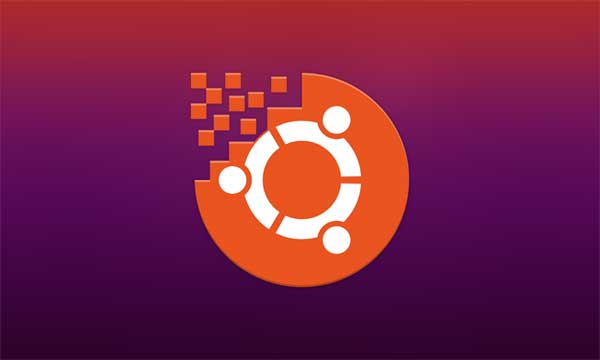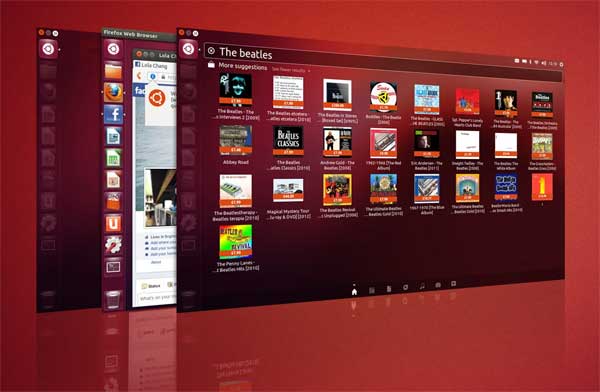Accessibility Features in Ubuntu

Ubuntu, the popular open-source operating system, is known for its versatility and user-friendly interface. What sets it apart from other operating systems is its commitment to inclusivity and accessibility. Ubuntu offers a range of exciting accessibility features that empower users with disabilities, enabling them to navigate and interact with their devices easily. In this article, we will take a closer look at some of these remarkable accessibility features and how they make Ubuntu a truly inclusive platform for all.
Making Ubuntu Accessible: Empowering Users with Disabilities
Ubuntu recognizes the importance of empowering users with disabilities and ensuring they have equal access to technology. One of the standout accessibility features in Ubuntu is the built-in screen reader called Orca. Orca allows users with visual impairments to have text and other on-screen elements read aloud to them, making it easier for them to navigate and use various applications. Furthermore, Ubuntu offers a high contrast theme that enhances visibility for users with visual impairments, allowing them to customize their desktop’s appearance according to their specific needs.

Another essential accessibility feature in Ubuntu is the on-screen keyboard. This feature is particularly helpful for individuals with mobility impairments who may have difficulty using a physical keyboard. The on-screen keyboard provides an on-screen representation of a keyboard that can be controlled using a mouse, trackpad, or other input devices. This allows users to type and interact with their device without the need for a physical keyboard, making Ubuntu accessible for people with a wide range of motor disabilities.
A Closer Look at Ubuntu’s Exciting Accessibility Features
Ubuntu’s accessibility features extend beyond visual and physical impairments. For individuals with hearing impairments, Ubuntu offers a range of options. Users can adjust the system’s sound settings to enable visual alerts, such as flashing the screen or displaying notifications, to ensure they don’t miss important events or system prompts. Additionally, Ubuntu supports the use of alternative communication devices and software, making it easier for users with speech impairments to communicate effectively and efficiently.
Another noteworthy accessibility feature in Ubuntu is its support for assistive technologies. Ubuntu seamlessly integrates with a variety of assistive devices and software, such as Braille displays and alternative input devices. This compatibility ensures that individuals with diverse needs can use their preferred assistive technology without any compatibility issues. Ubuntu’s commitment to providing comprehensive assistive technology support makes it an excellent choice for users with disabilities who rely on specialized tools.

Ubuntu’s commitment to accessibility goes beyond providing basic features. The operating system consistently updates and improves its accessibility offerings, ensuring that users with disabilities can fully participate in the digital world. By incorporating features like Orca, the on-screen keyboard, visual alerts, and support for assistive technologies, Ubuntu empowers individuals with disabilities to use their devices with confidence and independence. Whether it’s navigating the web, creating documents, or connecting with others, Ubuntu ensures that accessibility is not a barrier but a bridge to inclusivity and empowerment.